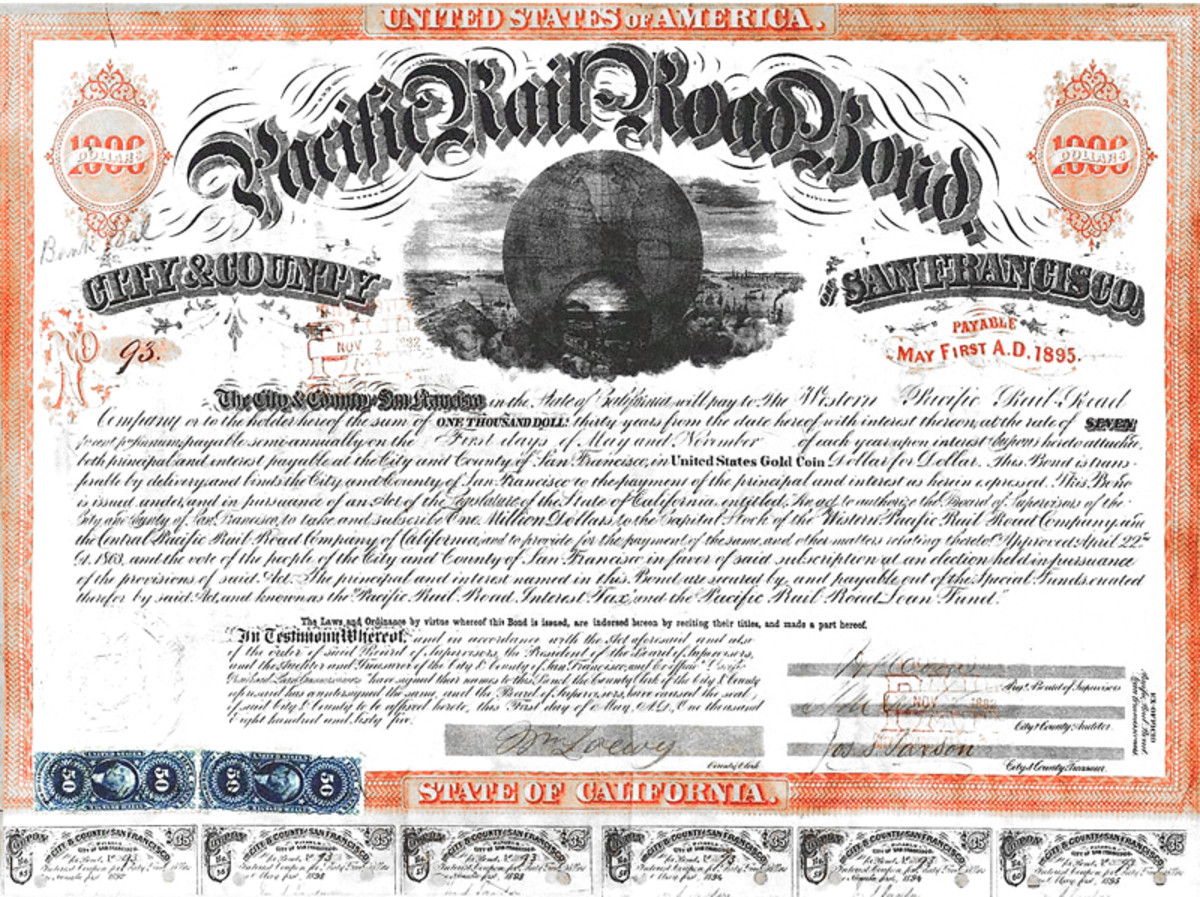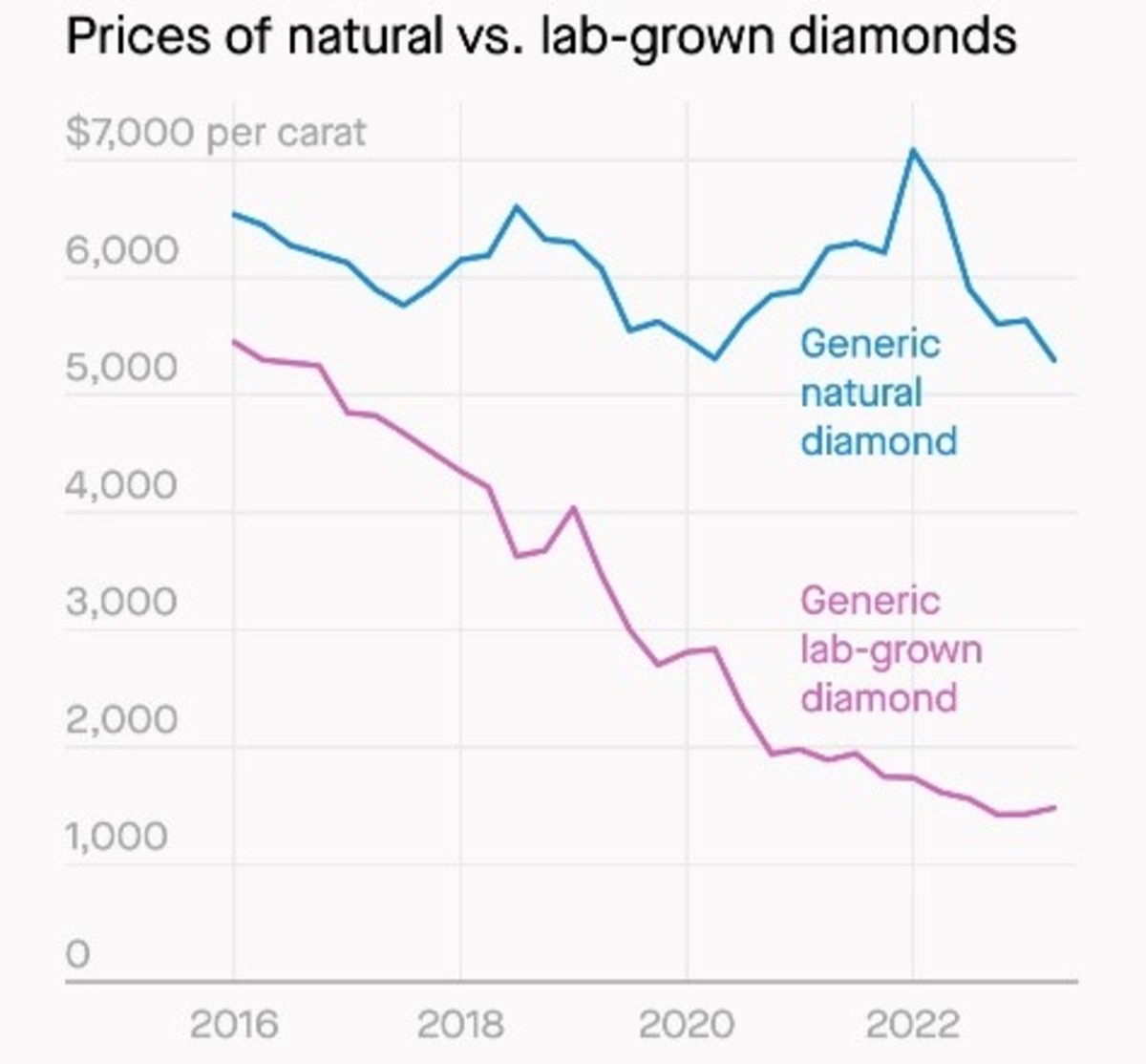5 Things You Didn't Know about the Stock Market
More on LTCM

1. You Don’t have to Own Shares to Sell them
Not suitable for retail investors
This is probably the weirdest notion to get your head around. It is called short selling. This is where you borrow shares from someone else and then sell them. However you must buy them back and return the shares at a later date. If the share price drops you make money but if the price goes up you lose money (i.e. the opposite of owning shares normally.
This idea is employed very creatively by a class of hedge funds which are often called 130/30 funds. What the fund does is invest 100% of its capital long (i.e. buys shares like normal) and then short sells shares worth 30% of the fund. The cash generated by the short sale is then invested to buy more shares. In essence 160% of your money is working for you (or against you if the manager picks stocks badly).
2. People Borrow Money to Invest
Definitely not suitable for retail investors
Borrowing money for the purpose of investment is called leverage. Leverage has made fortunes and destroyed fortunes. The great thing about leverage is it lets you invest other people’s money and keep all the profits. However, the problem with leverage is that the lenders do want it back with interest. When markets crash or you make big mistakes; you can find yourself in the unenviable position of having people forcing you to sell your investments at big losses and demanding money you don’t have.
A case in point is the hedge fund Long Term Capital Management which made bets on energy prices and reached around 100x leverage. It collapsed spectacularly and had to be bailed out by the government.
3. People Make money as Markets Fall
Retail Investors are not capable of calling market directions
Again this is counter intuitive. You see if you could successfully predict the crash like George Soros and others did; you can position your funds such that it would profit from a crash. What you would do is start short selling stocks or indexes on leverage and buying gold. If you are right you will make a fortune but if you’re wrong you will get burned badly.
How a Short Sale Works

4. It’s Already in the Price
This is probably one of the most common ways investors fool themselves. For example, imagine that you own stock in a pharmaceutical company and then you hear on the 10 O’clock news that one of its new drugs has failed spectacularly. Most people’s first impulse would be to sell. The next morning they call their broker and sell at a loss.
This is very stupid because markets adjust very fast to new information. The markets open at 8:30 and by about 8:31 the big boys have already put in multi-billion dollar trades. Furthermore, by the time markets open fund managers and analysts have already spent hours analysing the effect of the news on the price. Every average Joe investor is far too slow.
Yale Professor Robert Shiller Explains 4 in Detail
5. Most Funds Underperform The Market
The vast majority of actively managed funds fail to beat the index which they track. This means that you are paying fees for people to pick stocks which actually do worse than the index itself. So if you want to be a top fund manager you should just buy every company in the index (via an index fund or ETF).
This is both counterintuitive and obvious depending on your sophistication as an investor. A new investor may see that several funds have beaten the index in previous years and conclude that these managers are good so invest in them.
A more sophisticated investor would look at it and see that the fund was a great investment last year. They would also realise that as a group investors have to average to the market so a good fund and a bad fund cancel each other out. They also understand how hard it is to beat the market and how by random chance certain funds will do very well one year. They then conclude that it investing in a fund because of last year’s performance is very risky.








